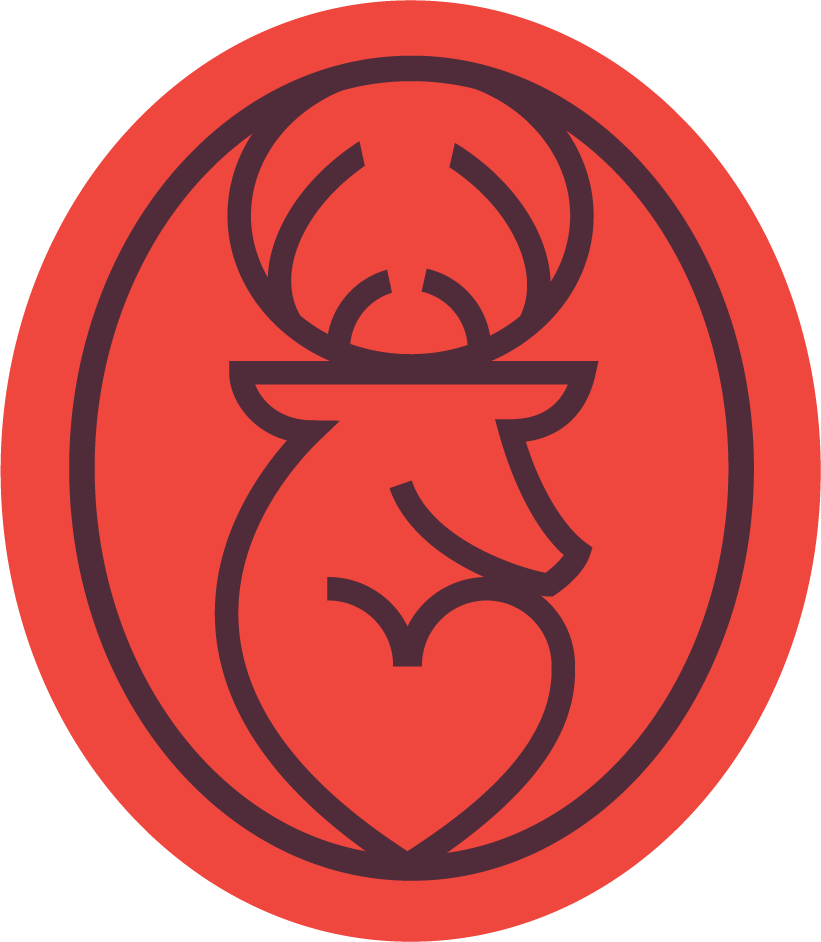How I Became an Accomplice
The first time my doctor-husband counted a large sum of cash into my hand, it was thrilling. Intoxicating.
In my family of origin, everything was measured out — money and love.
So when he handed me piles of cash, I felt loved. I felt cared for. I felt safe.
I also felt sick. I was becoming an accomplice — to what exactly, I wasn’t yet sure.
Workaholism is a sneaky foe, especially in medicine.
It brilliantly disguises itself as necessity.
You can’t be too good a doctor, after all. Perfectionism is a bottomless pit when human lives are a stake.
But almost immediately upon taking the money, I effectively lost my voice in protesting his absence from home.
As our lifestyle became more expensive, he took on more work to support it: moonlighting weekends at the V.A.
Of course, then he added in some extracurriculars, like soft ball. He went on ski trips. After all, when did he get to relax?
While things and services were no substitute for him, I hired a snow removal company and bought some bedroom furniture I’d long been wanting.
Comfort isn’t the same as companionship, it was something money could buy.
He continued to put money in my hands. I used the money to hire more help: a cleaning lady, more babysitters.
I grew lonely. I was so lonesome sometimes I felt as though I was about to crack into a million little pieces, each one yearning for connection.
So I bought clothes. Expensive clothes.
I had one boutique I frequented.
I liked to go alone, mostly because I didn’t have any friends back then.
Trying to be perfect does not win friends, only admirers.
The better my clothes, the closer I got to some ideal of perfection.
Sometimes, it seemed as though my car drove itself to the store.
I bargained with myself.
“I’ll just see if there’s parking place in front,” I’d say.
If there was easy parking, I’d say, “I’ll just see if there’s a sale.”
But I wouldn’t make it to the sale rack.
Once inside the store, the ladies shouted with joy, “Hi Susan!”
It was like having friends. Almost.
They were more like drug dealers.
My hands sweat as I signed the credit card receipt.
I would leave with thousands of dollars of designer clothing, giddy and full of shame.
I’d hide the clothes in the closet for a few days, like hiding liquor bottles.
The more he worked, the less I felt I had to say about it, though the feeling of abandonment deepened.
Loneliness became anger.
I began to relish spending his hard-earned money.
Resentment, entitlement, loneliness, shame, anger — round and round we went — until my shopping addiction was inextricably linked to his workaholism.
One day, I met some women, two friends out together for a drink. I was actually out with my husband and we began talking.
We exchanged numbers and soon they introduced me to other women in their circle.
For the first time since junior high, I had a group of female friends.
As these real friendships began to fill me up, I weaned myself off of my addiction to shopping.
But this time it was not as the doctor’s wife, but for me alone.
It would be gradual, but I would learn that I was an entrepreneur, that I had a knack for creating heart-based businesses.
I also learned that money was neither good nor bad — just a vehicle to living out your deepest values.
The addiction to earning is a home-wrecker.
Addiction of any kind is a family affair.
There may be one earner, but everyone plays a part. I certainly played mine.
Eventually its demands exact a price on the soul.
A doctor without sleep, love or joy, without companionship, can only be so good a doctor.
No one wins when addiction is the boss.
What’s your relationship to money? What place does it have at our family table of priorities and values?

